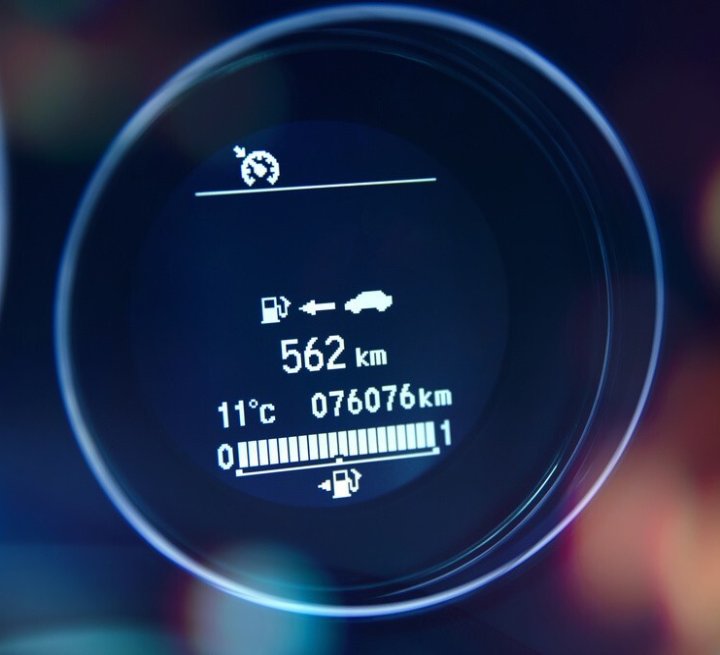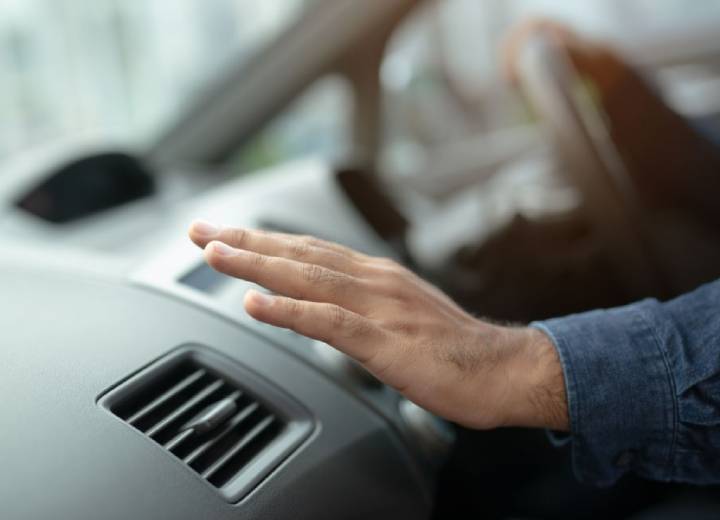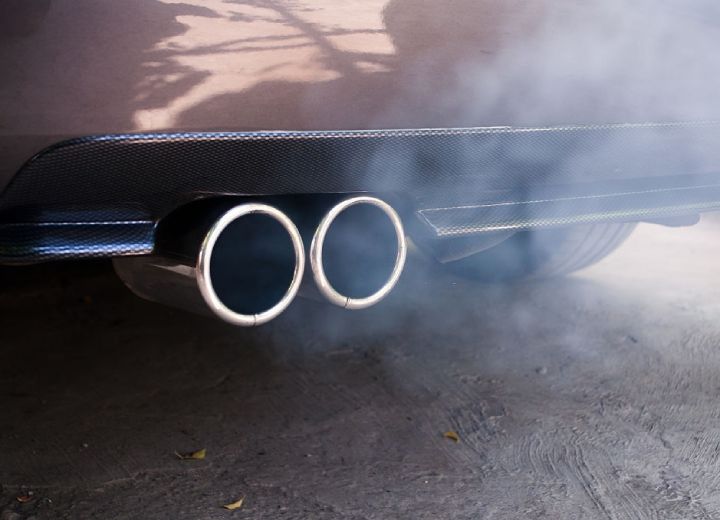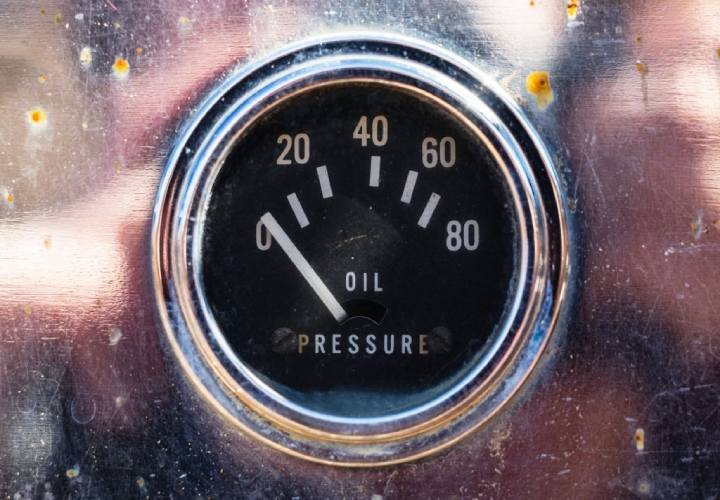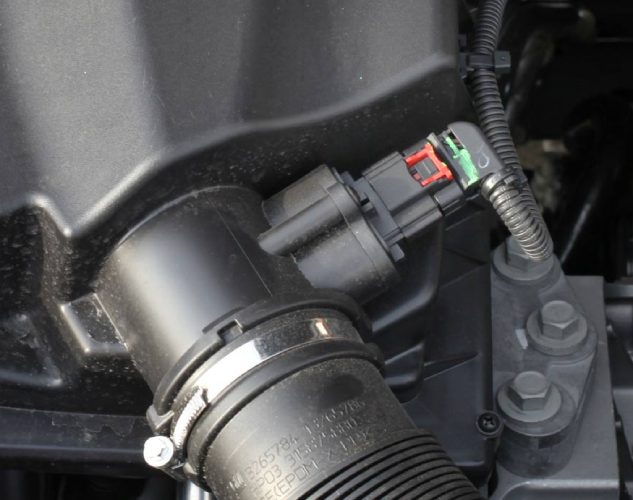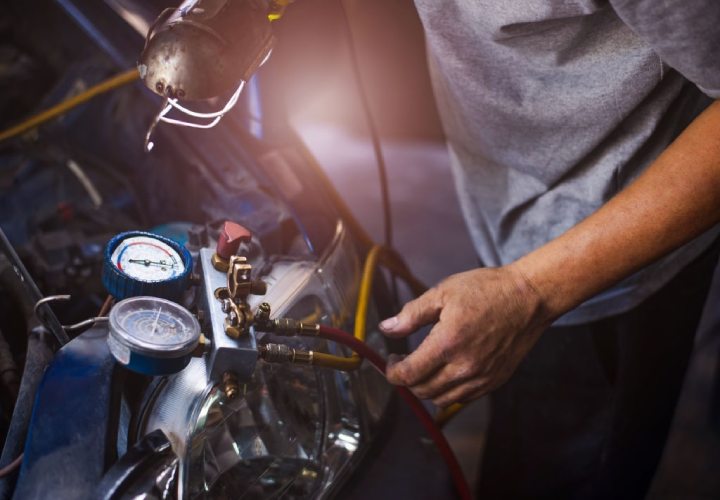Are you experiencing a high cabin temperature, loud noise from the AC compressor, fluid leaks, and compressor clutch not moving? Your AC compressor might be failing or already damaged. That will affect the entire air conditioning system, harder starts, and other associated components.
But how does an AC compressor affect the transmission? Simply put, your transmission system is not connected to the AC compressor. So, the effect is not significant. Read on for more information, including what to do when your AC compressor fails.
Does The AC Compressor Affect the Transmission?
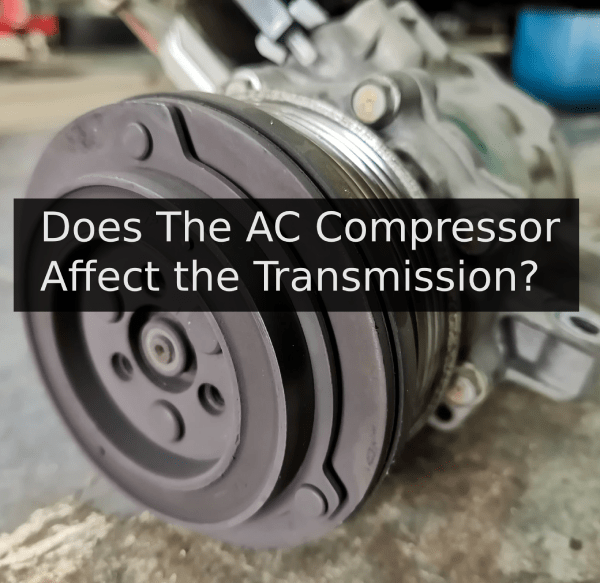
The Air Conditioning (AC) compressor is not directly connected to the transmission. This particular component connects to the engine, which connects to the transmission system. As a result, a bad AC compressor will not directly affect the transmission.
However, a faulty AC compressor can still affect your transmission if the situation escalates. If your AC compressor is acting up, it can damage the serpentine belt or overwork the engine. The long-term effect will be an overheating engine. That will also affect the transmission because the two are connected.
Is The Air Conditioner Connected to The Transmission?
No. Your transmission is not directly connected to the AC compressor. The only relationship between the two is the engine. The engine drives the AC compressor pulley through a serpentine belt. And without a doubt, your engine is coupled to the transmission system.
However, the AC compressor problem rarely affects the transmission because of this indirect connection.
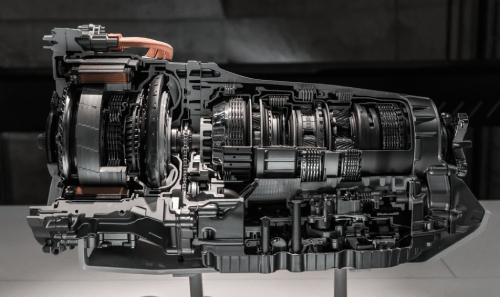
Can Driving with A Bad AC Compressor Cause Damage to My Transmission?
Although driving with a bad AC compressor will not damage your car’s transmission, it is still something you should never do. Your car is safe to drive even with a failing AC compressor, but you should be cautious. If you know that your AC compressor is faulty, don’t turn on the AC switch.
The first effect of driving your car with a bad AC compressor is ineffective engine cooling. You will not get cold air from the vents, meaning keeping your car conducive in the summer will not be possible. However, there is a much bigger problem than that.
In the long run, a faulty AC compressor will affect your car’s engine and, by extension, transmission. But how is that possible?
The engine drives the AC compressor pulley through a serpentine belt. Faulty components of the AC alternator will force the engine to overwork, resulting in more engine wear and tear. It may even stall in severe cases.
The serpentine belt also connects accessories such as the water pump, alternator, and power steering pump. A faulty AC compressor causes faster wear of that belt. It might slacken or snap, making it ineffective. That will cause the water pump and other accessories it drives to fail. The result is engine overheating, which also affects transmission.
Both engine and transmission should operate within the recommended temperature range. But with a faulty AC compressor, the cooling systems may also be affected. An overheating transmission and engine are less efficient and wear out faster.
In summary, you can drive your car with a bad AC compressor, but it is risky. It can result in costly repairs and replacement of parts. So, fix it as soon as possible whether you will use your AC system for cooling your car or not.
Does The AC Compressor Affect Driving At All?
No. The AC compressor should not affect the driving under usual conditions. That is to say, a properly functioning AC compressor has no adverse effect on drivability. But it can only cause a slightly low mileage per gallon if you turn on your AC switch because of the extra work the engine has to do.
However, a faulty AC compressor can significantly affect driving. Damaged mechanical components will require more energy to move along, and that power has to come from the engine. If you engage the faulty AC compressor, you will experience a significant drop in fuel economy and engine performance.
In severe cases, the serpentine belt may break. And as mentioned, the associated accessories will fail. Alternator, water pump, and power steering pump will be less effective. The result is a challenging vehicle to maneuver and heating engine and transmission.
If the damage to the AC compressor is severe, the vehicle may switch to a limp mode to protect the engine and transmission. The limp mode is a fail-safe feature to allow you to drive to an auto repair shop without requiring towing.
Is It Worth Replacing a Broken AC Compressor?
Yes. You should replace your broken AC compressor as soon as you realize it or at the next opportunity. It will save you from costly repairs of other components. But before we talk about the replacement cost, let us quickly highlight the most common signs of a failing or faulty AC compressor.
High Cabin Temperature
The first sign of a failing or faulty AC compressor is hot air from the air vent into the cabin, even if you set the lowest temperature. The damaged AC compressor does not effectively circulate refrigerant in the air conditioning system to cool the air. That resulted in warm air in the cabin.
Grinding Noise from The AC Compressor
You may hear a clicking noise when turning the AC on or off. In some cases, the noise becomes loud and irritating. You will often hear the grinding noise when the unit is damaged. But it does not necessarily mean your AC compressor is the culprit. So, open the hood and confirm the source of the noise.
Fault Codes
It is possible that a faulty AC compressor will throw an error code when plugging in an OBD2 scanner. The most frequent fault codes are P0645, P0531, and P0534.
Broken Suction
A failed AC compressor can cause the refrigerant lines to block. Repair or replace it before unblocking or repairing the suction lines.
Tripping Circuit Breaker
An AC compressor relies on an electrical signal to engage its internal components. If it becomes faulty, short circuits may occur. That causes it to draw more current, which trips the circuit breaker. It may be the culprit if you realize frequent circuit tripping.
Refrigerant or Moisture Leak
Check the AC compressor for any moisture leak. It is a clear sign of a failing or damaged AC unit.
How much does it cost to replace the ac compressor? Replacing a damaged AC compressor is a straightforward process for any DIYer. You can save about $100-$200 in labor by doing it yourself after buying the replacement part. An aftermarket AC compressor costs between $650 and $1,000, depending on your vehicle brand and model.
Final Remarks
An AC compressor does not affect the transmission and drivability of your car when in good condition. However, a damaged one can cause engine and transmission problems in many cases.
The engine will have to work harder, causing excessive wear and tear. Overheating is also an issue that can affect both the engine and transmission system if the cooling system fails due to a faulty AC compressor. That is why it is not recommended to drive your car when the AC compressor is damaged.
Instead, drive the car to your local repair shop and have a professional replace your compressor. In some cases, it is possible that the part can be repaired or sourced as a used part, to save on costs.
Brian is an auto technician who writes DIY repair articles and creates how-to videos for MechanicAsk. He focuses on common repairs like brakes, oil changes, and lighting. Brian draws on his 5 years of dealership experience to explain repairs in an easy-to-follow manner, even for novice do-it-yourselfers. His technical articles always include detailed tool lists, supply checklists, and visual guides.

